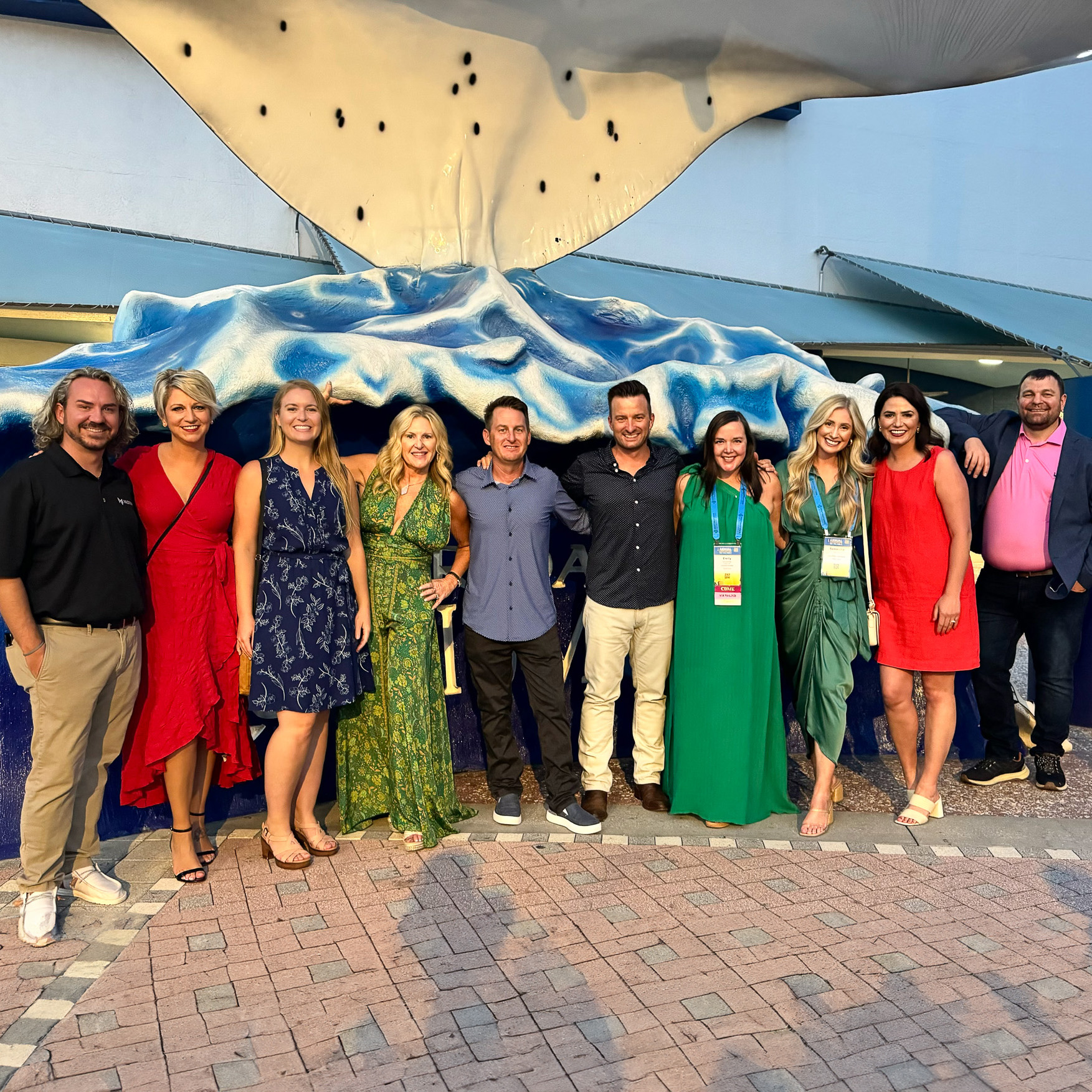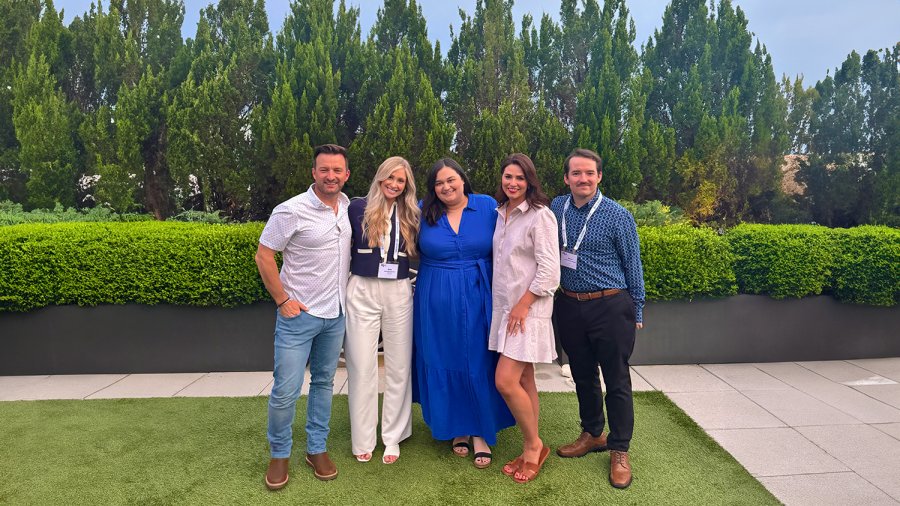Our Takeaways from Destination International’s Annual Convention
August 2, 2024
This July, industry thought leaders gathered together in Tampa Bay, Florida for several days of learning, sharing, and connecting during Destination International’s (DI) Annual Convention. The informative sessions, conversations, and networking that are hallmarks of the event equip tourism marketers to remain at the forefront in an industry that is constantly evolving.
As part of this year’s convention, members of Madden’s team both led and learned from the conversations that are shaping tourism for travelers and local communities.
Following the conference, several of our team members shared their experiences and takeaways.
Rebounding with Purpose
In the four years since the pandemic devastated the tourism industry, many destinations are experiencing increased visitor numbers, even surpassing their pre-pandemic levels. Proof of this was evident during this year’s convention. “This was the biggest DI Annual Convention to date and arguably the best with over 600 first time attendees amongst the more than 1,800 registered attendees,” said Matt Clement, managing partner at Madden.

With the days of lockdowns and travel restrictions in our rearview mirror and a firm grasp on tourism recovery, many DMOs are now focusing on how they can help their communities continue to thrive while preserving the qualities that make it special through regenerative or sustainable tourism. Regenerative tourism centers on actively improving and restoring the environments, communities, and economies that travelers visit, while sustainable tourism focuses on minimizing negative impacts to local ecosystems and communities.
“Regenerative and sustainable tourism focuses on creating a balance between the benefits of tourism and the well-being of the destination,” explained Sarah Hupp Foster, COO at Madden Media.”Many places are experiencing increased tourism, which can lead to over-tourism. This situation requires destinations to manage sustainability and local community sentiment while still enjoying the economic and social benefits that tourism brings.”
To accomplish this, DMOs are expanding beyond promoting their destinations to create task forces and implement long-term strategic planning. There were several key trends among destinations working toward regenerative and sustainable tourism:
1. Increasing integration of climate strategies
2. Wider and deeper stakeholder engagement
3. Growing third-party certifications,
4. Formalizing social impact
5. Increasing demand for technical expertise,
6. Mandated regulations
Unifying Under a Core Brand Identity
While many DMOs are working to keep their destinations thriving, they are also exploring how to reach new markets, specifically sports and meetings and conventions (M&C).
“Meetings and conventions and sports marketing continues to be a big topic of interest with many destinations still feeling the struggle of unifying their brand voice across the spectrum of leisure, business, M&C, and sports marketing efforts,” said Clement. These discussions are becoming increasingly important, he explained, as more destinations work to get further into the lucrative M&C and sports space, which can boost off-season hotel traffic, introduce new industries and business investors to a place, and help support local businesses.

The topic of unified branding was a common theme throughout the event. Not only is a strong brand identity key to unifying marketing across audiences, but simply going back to basics to ensure the establishment and follow-through of a core brand was a focus of many.
“There were a lot of conversations about pulling brands back to the beginning and [your brand] being your root into how you make decisions,” said Brianna Francis, Director of Public Relations.
Transformation Over Transaction
While many conversations centered around enhancing destinations and marketing efforts, there was a realization that it can’t be done without ensuring that your team is strong. Emily Gonzalez, destination strategy director at Madden, said the lessons from one session in particular stood out, “For a high performing team, there is a science to effective communication within your organization and the importance carries further than we think. Leaders are not always the executives. One must establish a connection first,” she explained. “You have to make deposits into your team before you can start making withdrawals. Overall, we are working to be in a transformational business, not just a transactional one.”



